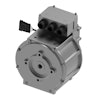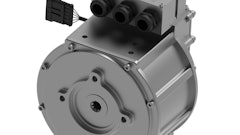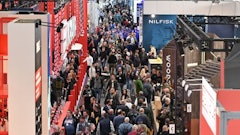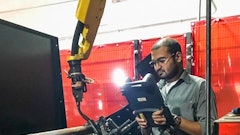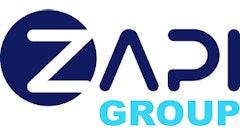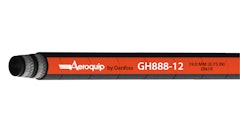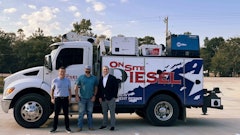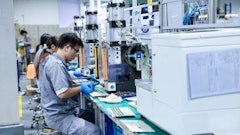Going out on reader calls is something that many of Cygnus Business Media’s magazines were founded on, and the culture still exists. In the decade that I have been an editor with OEM Off-Highway, one of the most valuable aspects of the job -- and certainly the most fun -- is the reader calls.
For a business-to-business content provider to succeed, it must be active in several different industries. One industry is the business of publishing, i.e. providing readers with relevant content and advertisers with customers.
The other industry that is crucial to a business-to-business content provider’s success is whatever the reader is focused on. Since you’re reading OEM Off-Highway (thank you), our reader calls involve visiting you and your competitors. When we do that, all discussions are off-the-record. We want to know what business-related challenges keep you up at night, and how we might tailor the content of this magazine to help you stop worrying and get some sleep.
We didn’t need a reader call to learn that the rotten economy was the No. 1 culprit behind sleepless nights for the past several years. Business-to-business content providers felt it too, some more than others.
Research and development didn’t stop, however, guaranteeing that Michelle EauClaire and I will not run out of cool things to write about. I’ve been a gearhead all my life, and engine-driven mobile equipment has never been as exciting as it is today.
As the worldwide economy rebounds and sales of those new machines and components increase, I suspect we’ll find that opportunities for competitive advantages have returned to the factory floor. Each OEM has a strategy that works best within its culture. By intelligently streamlining manufacturing processes, focusing on core competencies, outsourcing, or bringing projects in-house, companies can help ensure production will ramp up along with demand.
Operations that managed to hold onto its experienced personnel will also have an advantage. Countries, states and municipalities look for ways to combat “human capital flight” -- better known as the easier-to-say "brain drain." Brain drain is the loss of individuals with technical skills or knowledge that can help give a local economy -- or a company -- a boost.
In the midst of the darkest days of the recession there were companies doing just that. One off-highway OEM we recently visited said they have had zero employee turnover and was in fact hiring. Protecting their most valuable resources -- employees -- became the No. 1 job. It was not only a matter of employee retention -- working hard to prevent mass layoffs -- but one of maintaining morale, too. Happy employees do a better job, and customers can see that. Maybe not in the darkest days of the recession, but certainly as times get brighter.


